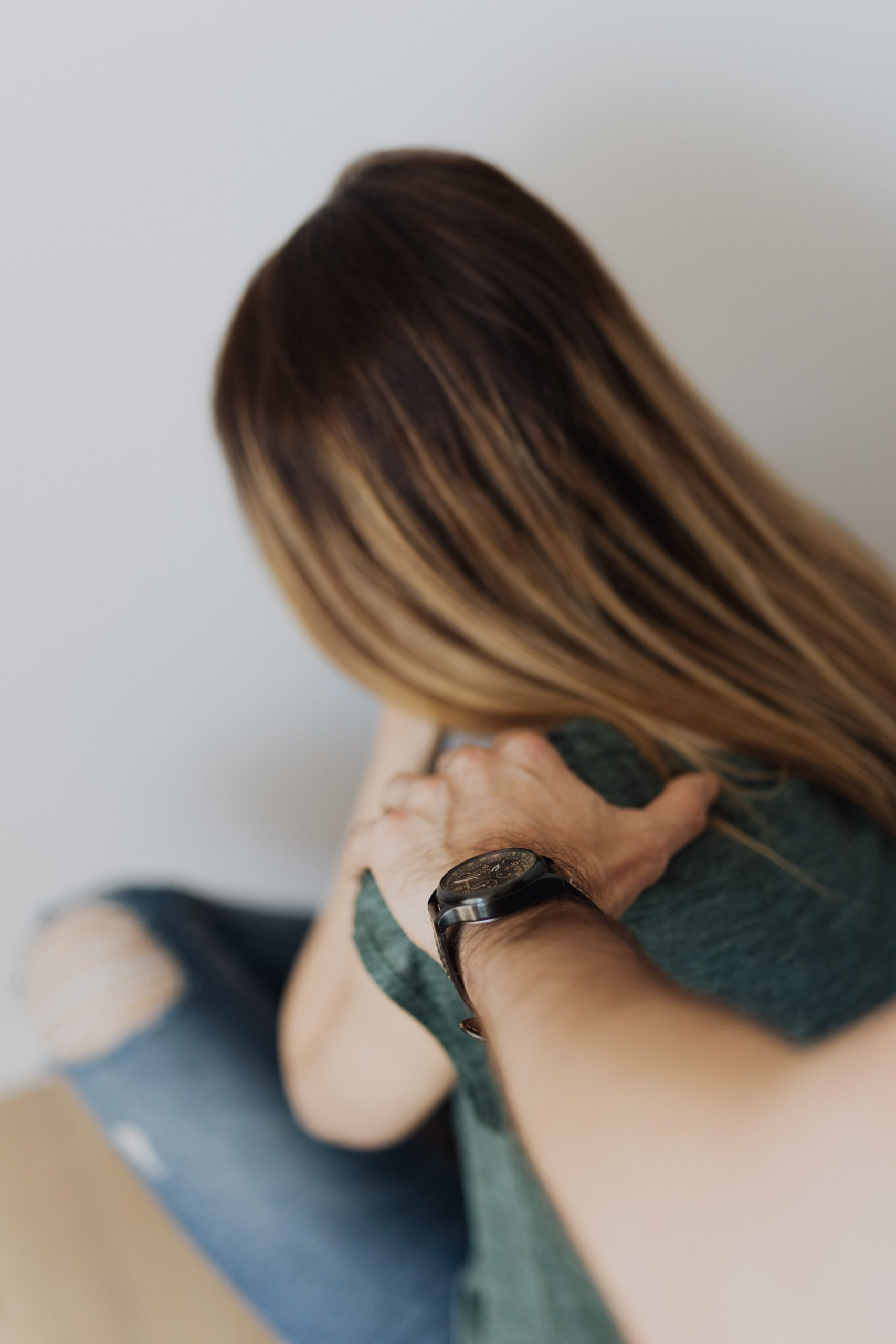Our project on Clare’s Law, funded by the British Academy, included talking to women about their experiences of this scheme, how information was shared with them (if there was any), what they thought of the process, and what they did and did not do as a result. The findings, published in The Journal of Gender Based Violence, are illuminating.
Clare’s Law was introduced in 2014 in the aftermath of a high-profile public campaign led by Clare’s father after it was disclosed that Clare’s partner had a previous history of violence. Despite some resistance at the time, domestic violence disclosure schemes were introduced in the belief that sharing a previous history of violence by a partner would be a way to enhance women’s safety. Much commentary has since pointed to the faulty thinking that lies behind this presumption, but little work has actually talked to women who have used this scheme to ask them what it did for them. Our recently published paper, based on interviews with women, illustrates the different ways in which these women, rather than being helped with their circumstances, were actually made further responsible for them. This emerged in several different ways.
The first theme was around the expectation that they would leave their partner once they had received information. As one respondent clearly stated:
There is this expectation of ‘right pack your bags, let’s go, when do you wanna leave?’, you know, ‘now you know, you can leave’. Officers often think ‘what a bloody stupid woman, she knows she’s living with a perpetrator, why doesn’t she just leave?’ (P10: female, white)
The second theme was a sense in which some women were made responsible for avoiding further violent partners. A different respondent stated:
I felt like because Clare’s Law opened a bit of a can of worms for me, with my children and child protection agencies, I was so worried about who I started seeing afterwards. I was just worried it was going to be used against me. So any new partner, there have only been two since, I just did another Clare’s Law on them straight away just in case. (P25: female, 57, white)
The third theme was feeling responsible for any new partners their ex got in a new relationship with; wanting them to know about their experiences but not be allowed to share the information they may have had. As another respondent said:
It’s just hard, because you can’t say anything about Clare’s Law. You’re not allowed. But I would often get new partners messaging me, asking if he had been violent before, and I could only tell them what he had done to me. I couldn’t say there was more. I felt so guilty about that. (P2, female, 27, British Pakistani)
These accounts, and there were others, suggest a sense of responsibility being imposed on these women rather than chosen.
Is this the way to enhance women’s safety?
Domestic violence disclosure schemes and the campaign behind their introduction were formed with asking women what their views on such a scheme might be and what might work for them. The women who took part in our study (to whom we are very thankful for their time and for sharing their experiences) were ordinary women recounting the kinds of experiences that many women have on a day-to-day basis with abusive partners. Their stories are routine and ordinary. Yet these experiences reveal much about the unintended consequences of policies claiming to be in their interests but in reality, this was patently not the case for many (though not all) of the women we spoke to.
Maybe it’s time to shift the policy lens away from listening to high-profile voices and campaigns toward listening to ordinary women trying to keep themselves and their children safe in ordinary everyday circumstances. Having information, and/or being made to feel responsible in the light of that information, does not necessarily help them do that. As our respondents asked: why am I responsible (for him)?

Thanks for posting. I really enjoyed reading it, especially because it addressed my problem. It helped me a lot and I hope it will help others too.